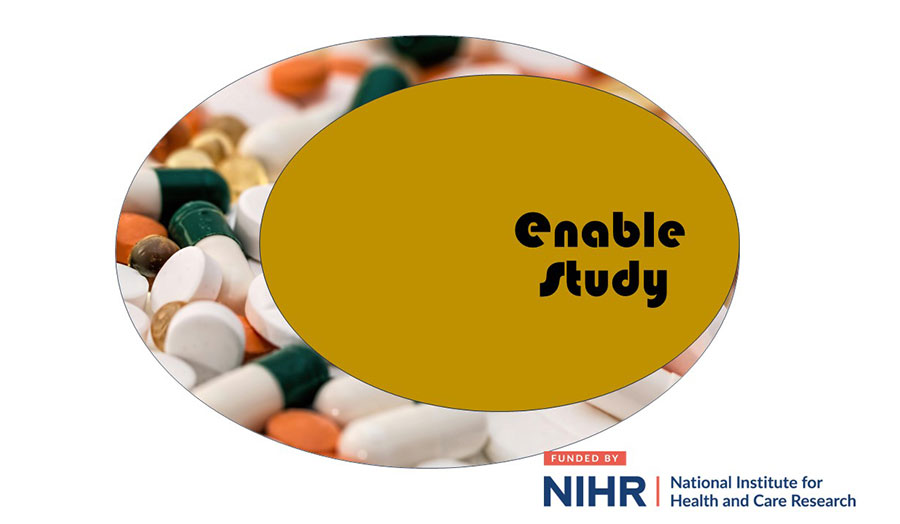A team of researchers, led by Professor Yolanda Eraso, has secured funding from the National Institute for Health and Care Research to help breast cancer patients with their recovery.
Date: 11 December 2024
A team of researchers, led by applied health expert Professor Yolanda Eraso, has secured funding from the National Institute for Health and Care Research. The fund will see the team create a package of tools to help breast cancer patients obtain the most appropriate treatment.
Every year in the UK, almost 56,000 women are diagnosed with invasive breast cancer. The treatment plan is a long one, with 80% of patients being prescribed hormone treatment for five to ten years after completing surgery, chemotherapy or radiation.
Many patients find adhering to the treatment to be challenging, and, by the five-year-point, half of all the women have prematurely stopped taking the treatment. This is caused by several factors, not least the hormone treatment side-effects which can cause menopause-like symptoms such as hot flashes, depression, low libido, joint pain, low energy and fatigue.
Preliminary qualitative research conducted by Eraso indicates that switching the brand of the medication mid-treatment can cause additional and challenging side effects for some patients. Studies suggest this affects around 12% of women. This problem is exacerbated when there is a shortage of hormone treatment medication available, as there has been in recent years, as this limits patient choice further. Pharmacists have said that training and guidelines would help them to support patients in this position.
Professor Eraso, Director of the Health and Behaviour Research Centre, at London Met said:
“A small but significant number of women who take long-term hormone treatment for breast cancer experience problems when pharmacies have to change the brand of their medication. When coupled with the drug shortages, as we have seen recently in the UK, this represents a real bar to women continuing to take their hormone treatment. And that, in turn, results in poor adherence or discontinuation.
“It's vitally important therefore that women are able to track and understand whether their changing side effects are related to switching brands, or other factors. And it’s equally important that pharmacists have access to guidelines and support to help them help patients in this position.”
Professor Eraso’s research team will develop such interventions to support women in this situation. The team include Carrol Lamouline, the patient and public involvement and engagement lead; Professor Duncan Stewart of London Met; and Professor Ruth Edwards of the University of Wolverhampton.
A patient has said:
“I would certainly say to all those ladies on Letrozole that you should try a different brand if the one you are taking doesn't suit you. The last few months have been very hard to bear and I really did get to the point of asking to come off the drug altogether. I am astonished that the different brands have such different side effects. I eventually found a brand that suited me better.”
Dani Binnington, founder at Menopause and Cancer, said:
"Our non-profit organisation is dedicated to supporting cancer survivors facing the challenges of treatment-induced menopause. Through countless conversations within our community, we’ve seen survivors share how one brand of endocrine therapy can cause far more severe side effects than another. While some are able to advocate for a change in their prescription and find some relief, others feel unheard and helpless, with some even considering stopping treatment altogether due to the unbearable side effects. Acknowledgement of this issue and support for patients can be life-changing.”
The intervention package will include: a self-monitoring tool so women can record their medication symptoms and then have an informed conversation with medical professionals about how changing brands affects them; guidelines for pharmacists with steps to organise the consultation; and an online learning package to train pharmacists.
The team includes a patient advisory group, a Breast Cancer Now nurse, and partner organisations.

